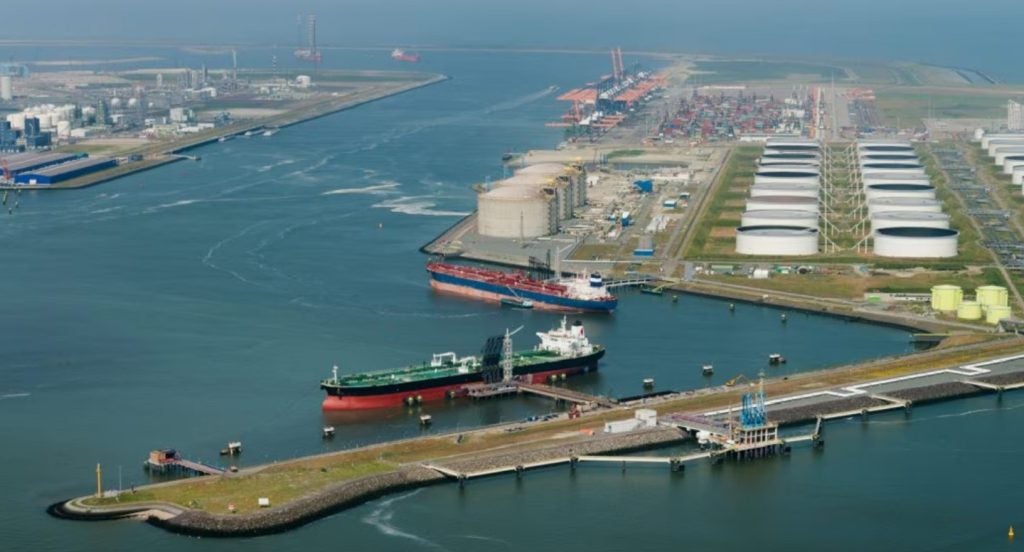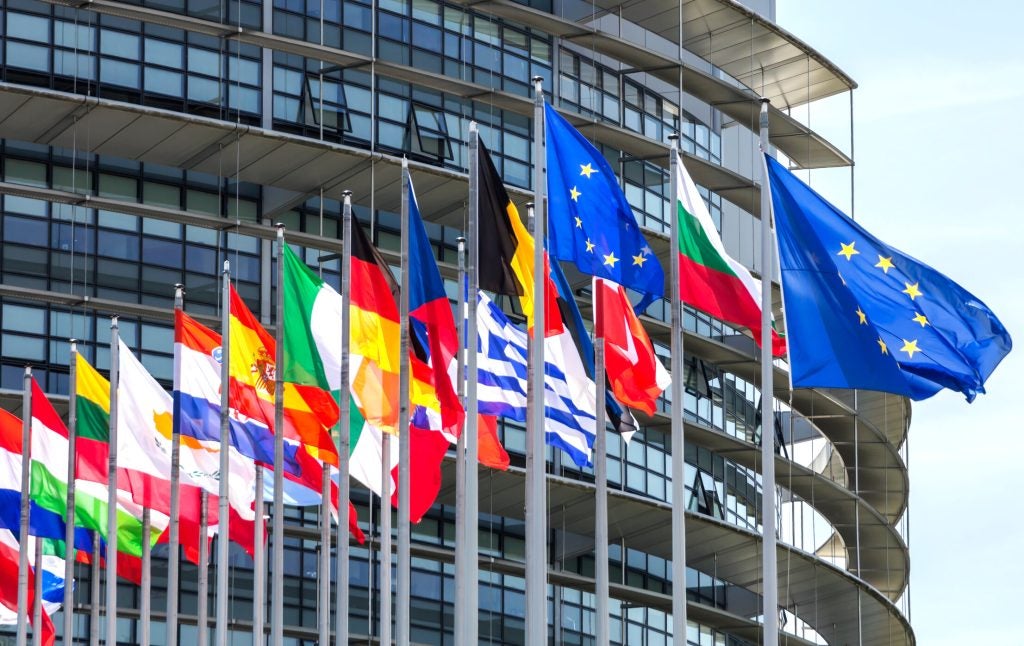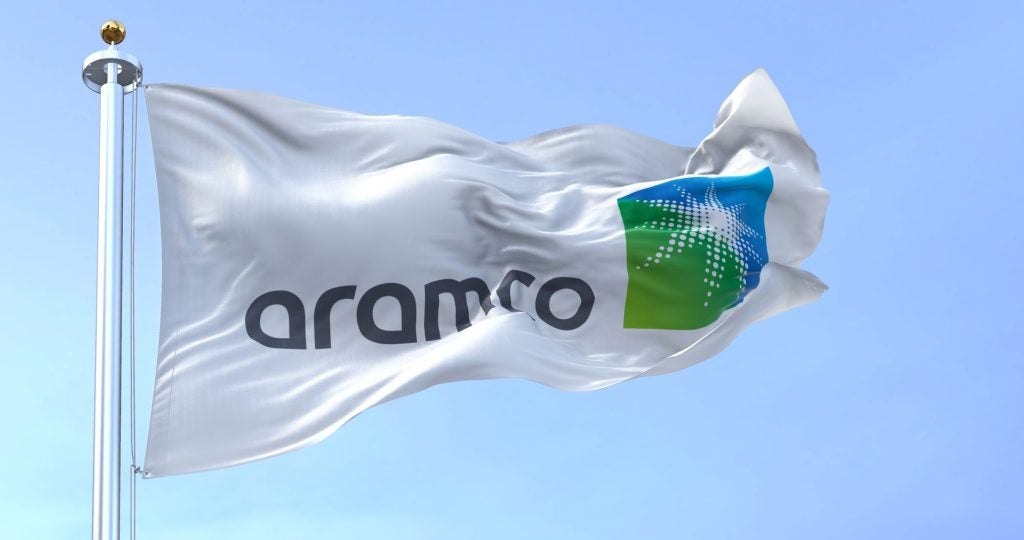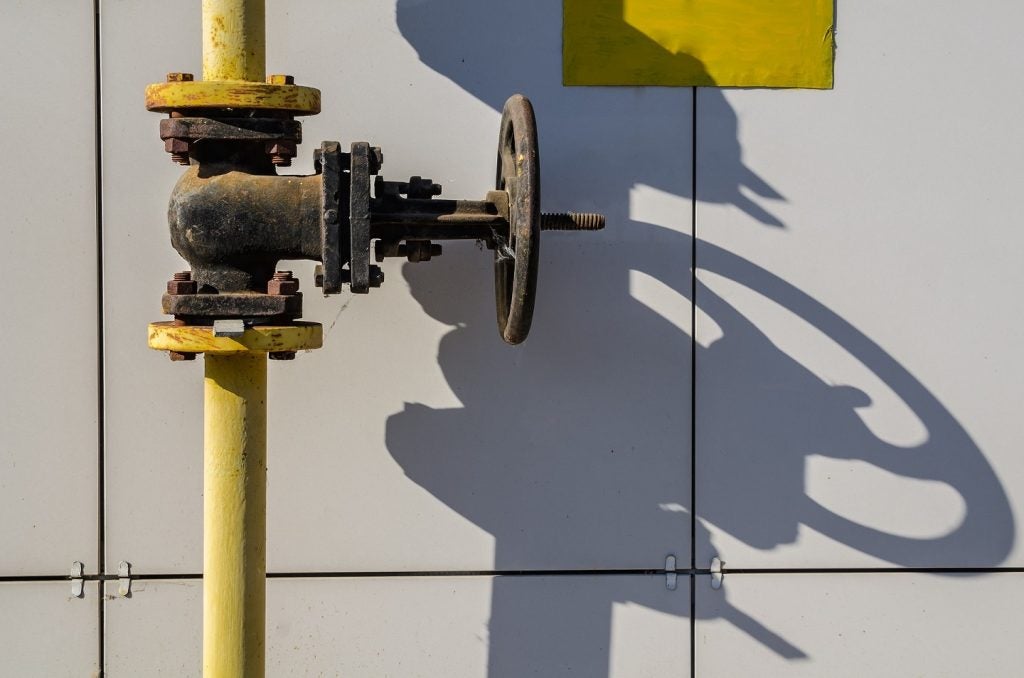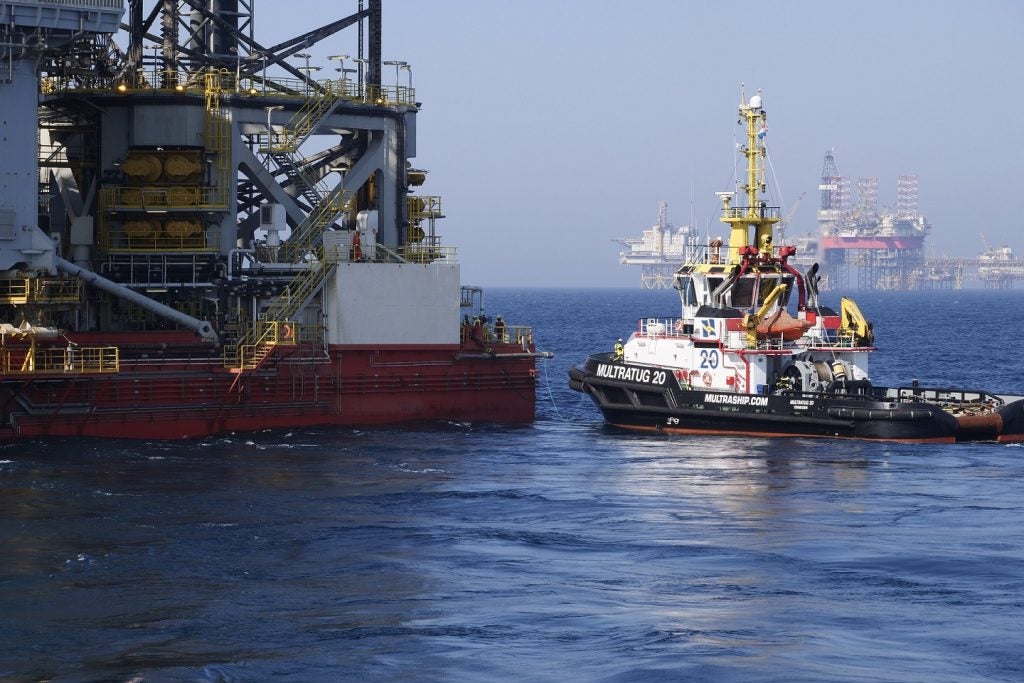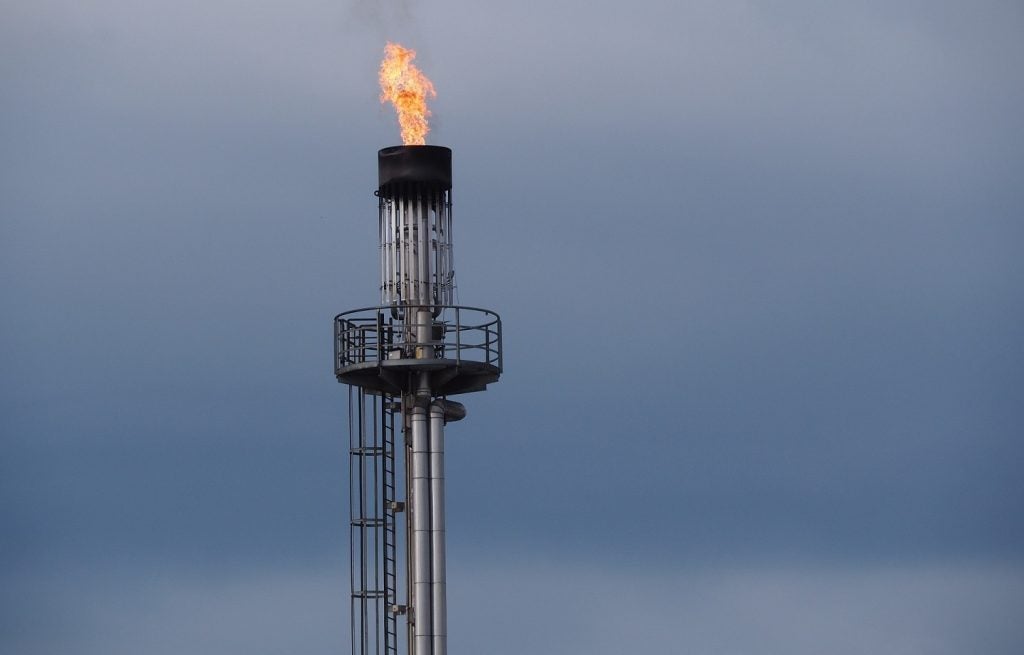The Dutch Government has announced the final investment decision for the Porthos carbon capture and storage (CCS) project, marking a significant step towards the CCS facilities needed for European decarbonisation. The Porthos infrastructure will require an investment of €1.3bn ($1.37bn) and the company will now award the necessary contracts for realising the project. The system is expected to be operational by 2026.
Porthos will transport CO₂ from the port of Rotterdam to depleted gas fields 20km away in the North Sea, where it will be permanently stored 3–4km under the seabed. The CO₂ captured in the port of Rotterdam will be derived from companies such as Air Liquide and ExxonMobil, which will invest in their own capture installations.
The project will have a storage capacity of 2.5 million tonnes per year for 15 years, totalling around 37 million tonnes.
Hans Meeuwsen, Porthos director, said: “Carbon dioxide storage is crucial if we want to achieve the climate goals in the Netherlands. This investment decision is an important starting point for future developments in carbon storage in the Netherlands.”
CCS is a cheap way to keep large amounts of CO₂ out of the atmosphere. According to the 2022 Klimaatnota from the Dutch Government, by 2030 more than 50% of all emissions reductions in industry will come from CCS projects.
Chris Davies, director at CCS Europe, stressed the benefits of the North Sea as a location for storage.
He said: “It is geologically excellent for carbon storage and there are lots of depleted oil and gas reservoirs to be used. There are also many major industrial emitters nearby and the site faces no public opposition.” He did, however, add that “offshore storage is inherently more expensive than onshore”.
Along with servicing the huge Rotterdam industrial complex, Davies added that Porthos could be “established up the Rhine to the North Rhine Westphalia industrial areas” once the Rotterdam route has started.
In July, a Clean Air Task Force report highlighted the need to develop CCS outside the North Sea region and showed how such developments are lagging, as industrial emitters inland face an existential threat.
Davies responded to this by claiming that many EU governments have not given serious thought to securing investment for hard-to-abate sites (those inland), which currently have no access to CCS.


